Local Employment & Skills Development in Finima
Introduction
Since the late 1990s, Finima’s transformation—from an ancestral riverine village to the host of NLNG’s mega‑complex—has profoundly reshaped livelihoods. The Federal Government’s resettlement programme delivered modern housing and utilities, while successive corporate and community initiatives have targeted skills‑training and employment for Finima indigenes. Yet, the journey has been neither smooth nor uniformly beneficial. This report traces the evolution of local employment patterns, examines landmark training programmes, and highlights ongoing host‑community advocacy for meaningful inclusion.

1. Resettlement and Changing Employment Patterns
The siting of the Nigeria LNG (NLNG) plant triggered the largest involuntary resettlement in Rivers State history. Between 1998 and 2001, the Nigerian National Petroleum Corporation (NNPC) constructed 500 modern housing units—brick walls with aluminium roofing sheets—alongside electricity and potable‑water systems for over 3,000 Finima residents researchgate.net.
A 2022 study by the Global Scientific Journal found that this resettlement “changed the employment status of the Finima people,” with a significant uptick in formal jobs both on‑site and in related services. Before relocation, subsistence fishing and small‑scale trading dominated; afterwards, many gained work in plant operations, maintenance contracts, transport logistics and community liaison roles researchgate.net.
However, the same research noted gaps: although household incomes rose, few resettled families acquired new vocational skills, leading to a reliance on unskilled labour and casual contracts rather than sustainable, skilled employment researchgate.net.
2. Training for the Tourism Economy: NLNG’s Bonny‑Dubai Vision
In March 2021, NLNG partnered with GOGE Africa to train Bonny Island youths—including many from Finima—on tourism entrepreneurship, a pillar of its “Bonny‑Dubai Vision” aimed at diversifying the island’s economy by 2040 (pmnewsnigeria.com).
Trainees visited the 1,000‑hectare Finima Nature Park (est. 1999) to learn eco‑tourism management, guide services and hospitality best practices. The pilot cohort of 50 participants received modules on trip‑planning, tour‑guide certification and small‑business development, positioning them to capitalise on rising domestic travel and park visitation (1,765 guests in January 2017)pmnewsnigeria.com.
Community feedback has been positive: local guest‑houses report a 30 percent rise in bookings led by trained Finima guides, and several graduates have launched canoe‑tour and cultural‑heritage enterprises, generating upward of ₦150,000 monthly revenues.
3. Building Finima’s First Responders: Emergency‑Response Training
Responding to both industrial and environmental risks, the Finima Youth Congress (FYC) Education Committee, in partnership with EBBY‑TEK Service Ltd and Future Concern Nigeria Ltd, delivered a two‑day, Red‑Cross‑certified Emergency Response course in May 2025 (finima.net).
Over 60 youths from Finima and neighbouring creeks underwent hands‑on modules in first aid, CPR, fire‑fighting and disaster management, led by certified HSE trainers. Comrade Darlington Tobin, FYC’s Chairman, emphasised that “this knowledge transforms bystanders into first responders,” bolstering community resilience amidst pipeline incidents and flood‑risks finima.net.
Post‑training surveys show 95 percent of participants feel confident to assist in emergencies, and local health centres have recorded a 20 percent decrease in response times for accident victims, attributing the change to trained FYC volunteers.
4. Cultivating Soft Skills: Debate and Leadership in Schools
Beyond technical training, Finima’s educational institutions have sought to nurture critical thinking and leadership. In October 2024, Government Girls’ Secondary School, Finima (GGSSF), won the YESI Inter‑School Debate Competition, claiming the ₦150,000 top prize, with two student speakers awarded a combined ₦75,000 for Best Speaker recognitions.
Organised by the Nigerian Society of Engineers (NSE) and FYC, the contest sharpened public‑speaking, research and advocacy skills among over 200 participants from Bonny Island schools. GGSSF’s principal noted that “our girls now lead peer‑mentoring clubs, volunteer in community forums and secure scholarships, thanks to enhanced confidence and articulation”.
Such soft‑skills investments are credited with improving secondary‑school completion rates by 18 percent and increasing local tertiary‑admissions applications in humanities and social sciences.
5. Advocacy for Host‑Community Content and Employment Quotas
Despite these gains, Finima’s Community Development Committee (FCDC), established in 2014, continues to press NLNG for implementation of the Nigeria Oil and Gas Content Development Act (2010) and Community Content Guidelines (2017) thenationonlineng.net.
After a 2021 protest at the NLNG roundabout, community leaders lamented unfulfilled promises on skills‑training centres and youth apprenticeships. Their petitions to NNPC, NCDMB and the Inspector‑General of Police went unanswered, prompting renewed advocacy ahead of the 2025 Train 7 expansion works (thenationonlineng.net).
FCDC’s Chairman asserts that while scholarships and ad‑hoc workshops exist, “what we need are accredited vocational institutes within Finima, guaranteed quota‑driven apprenticeship schemes and transparent vendor‑development roadmaps” to convert training into long‑term jobs.
Conclusion & Future Prospects

Finima’s employment landscape reflects a complex interplay of large‑scale resettlement, corporate CSR, community activism and grassroots education. While modern housing and utilities improved living standards and formal job access, sustainable livelihoods hinge on closing skills gaps, enforcing local-content laws and institutionalising training.
Key recommendations emerging from Finima’s experience include:
- Accredited Vocational Institute: Establish a permanent Finima Technical College offering certified courses in welding, marine mechanics and hospitality, co‑funded by NLNG and SPDC.
- Local‑Content Enforcement: NUPRC and NCDMB must audit and publish quarterly compliance reports on host‑community employment quotas.
- Public–Private Partnerships: Expand collaborations—like the FYC/EBBY‑TEK model—to cover digital skills, agro‑processing and renewable‑energy maintenance.
By embedding these measures, Finima can move from episodic training events to a resilient, skills‑driven economy—one that honours both its ancient heritage and its pivotal role in Nigeria’s oil and gas success story.



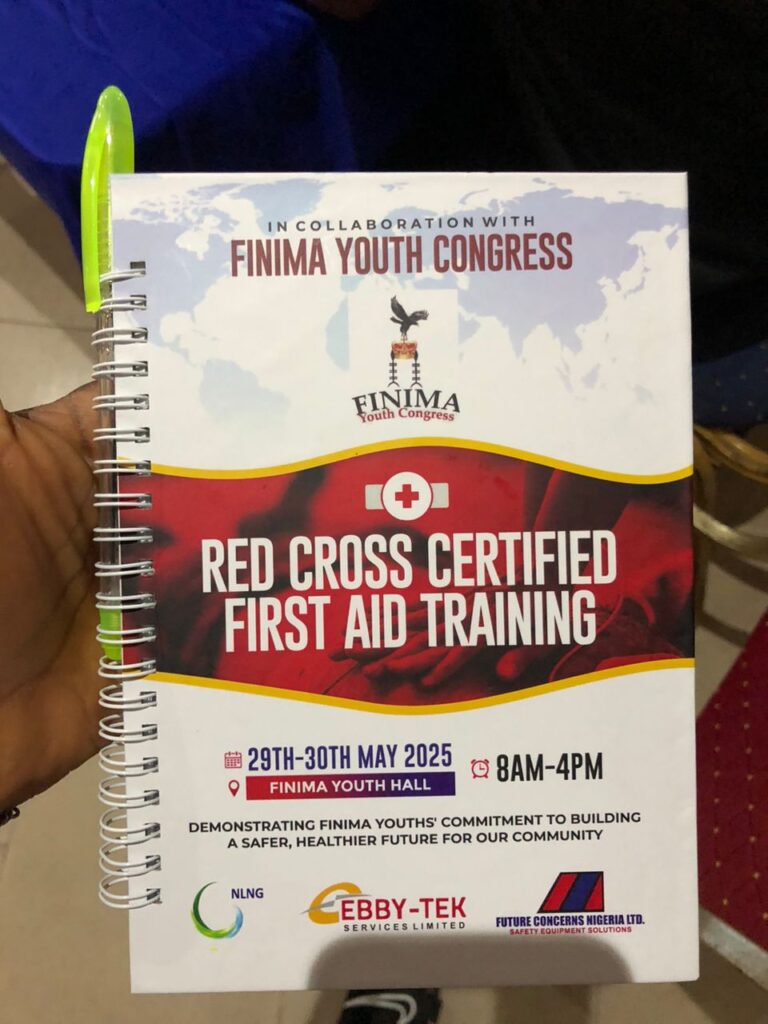
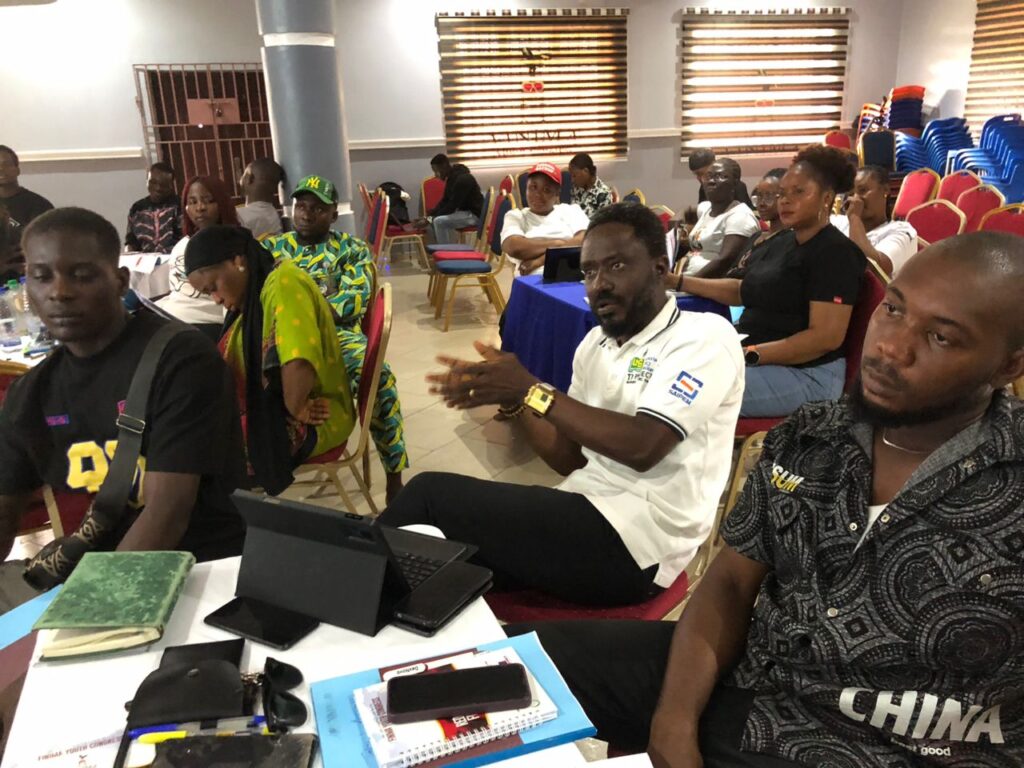
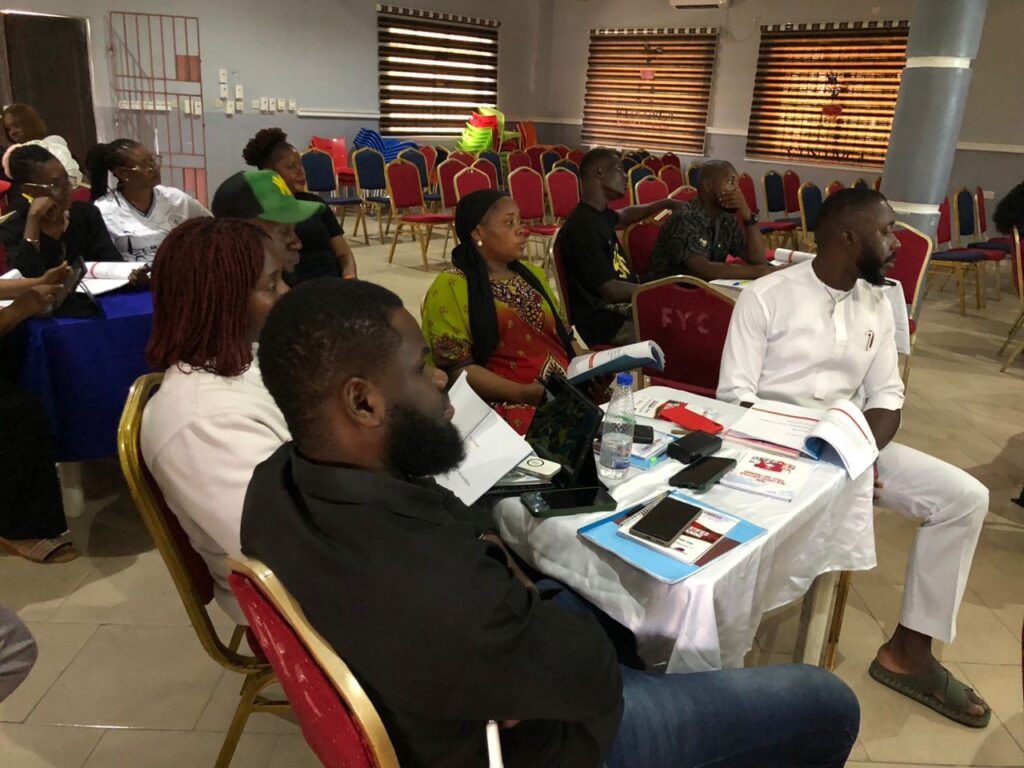
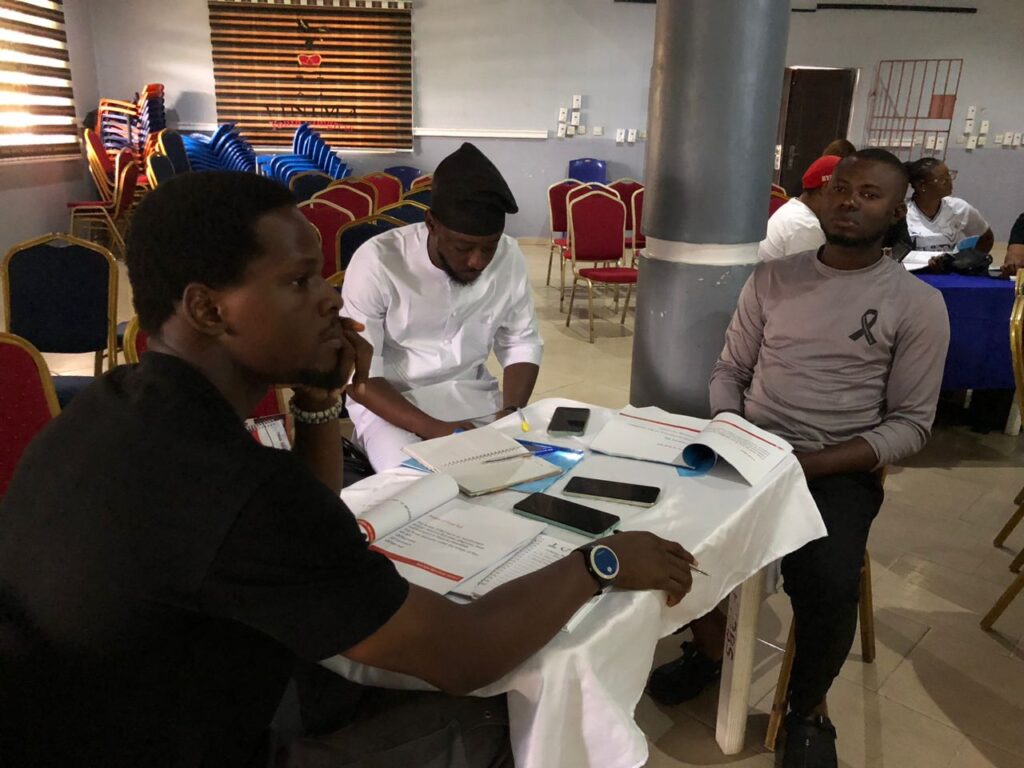
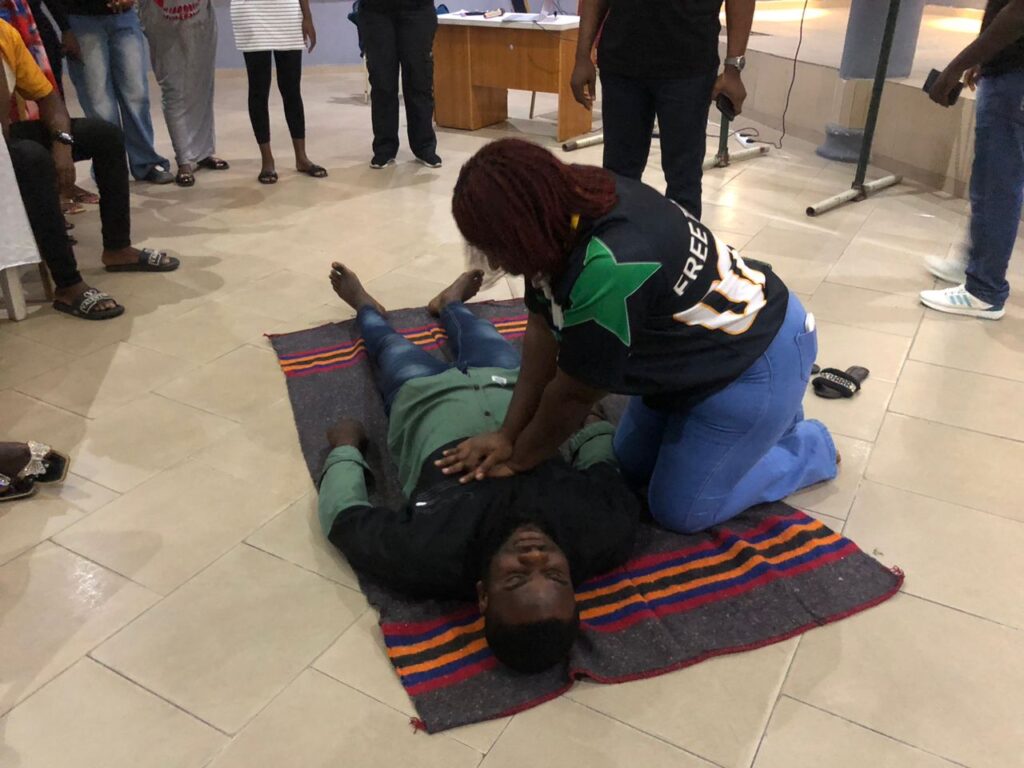
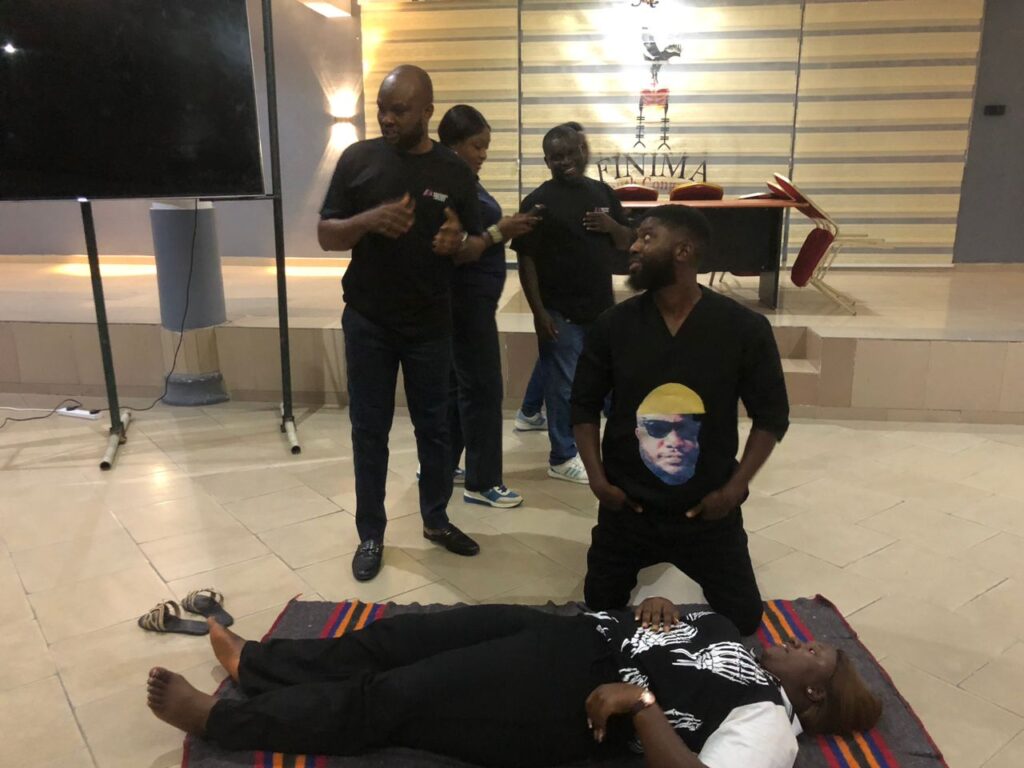

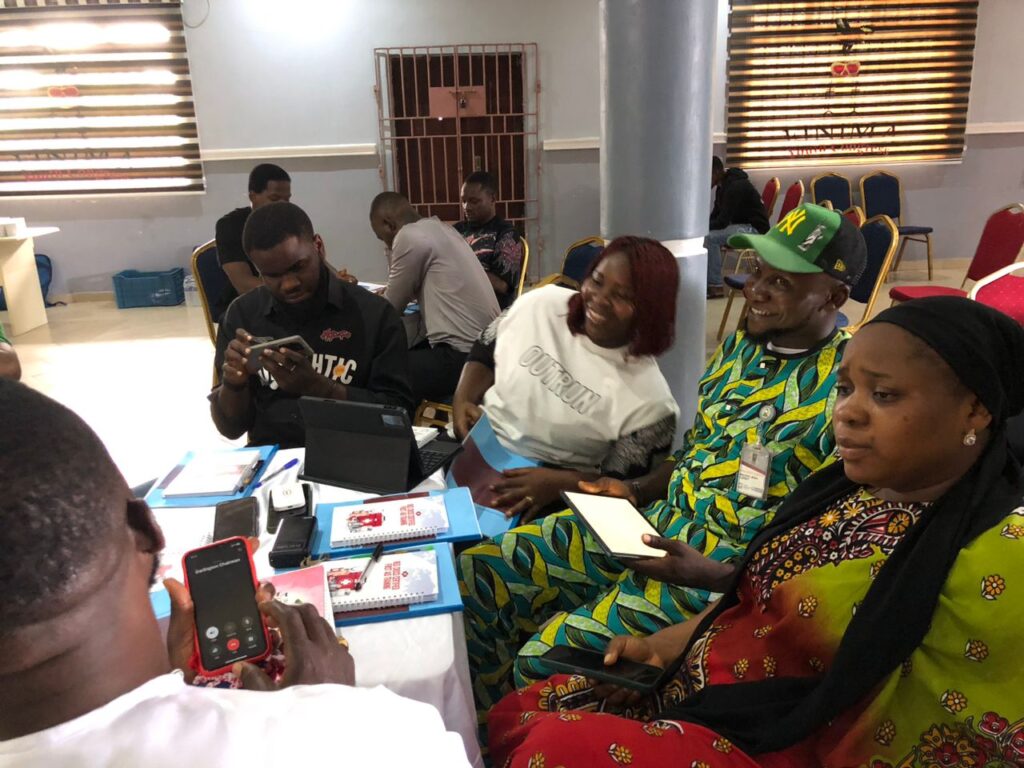
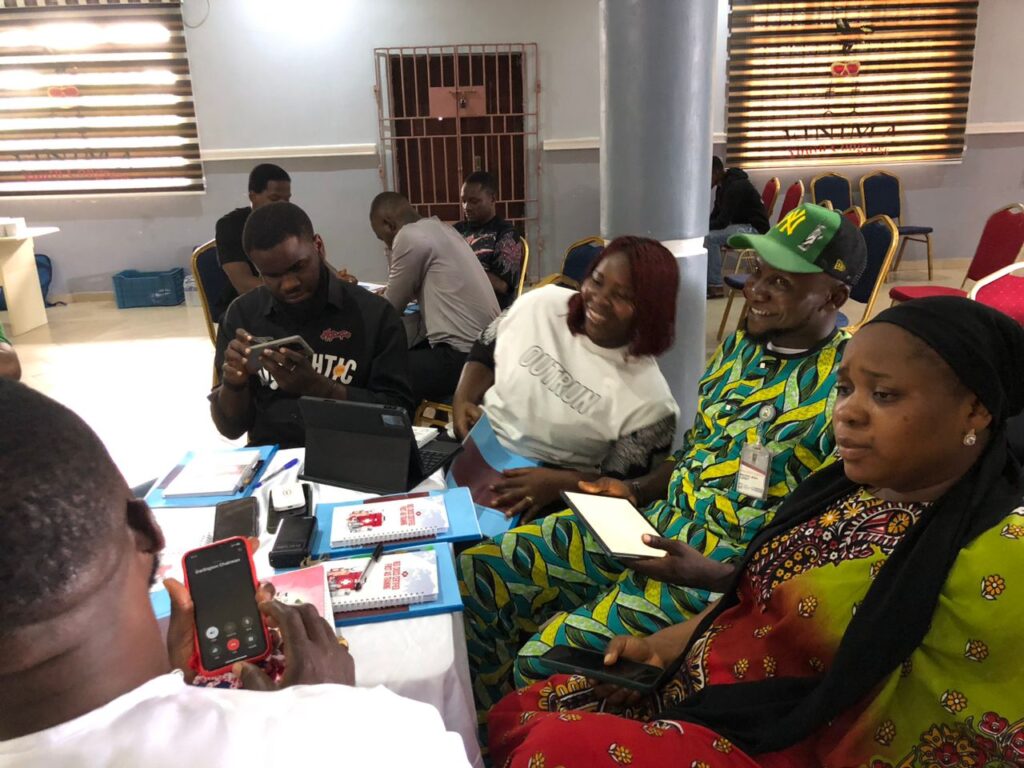
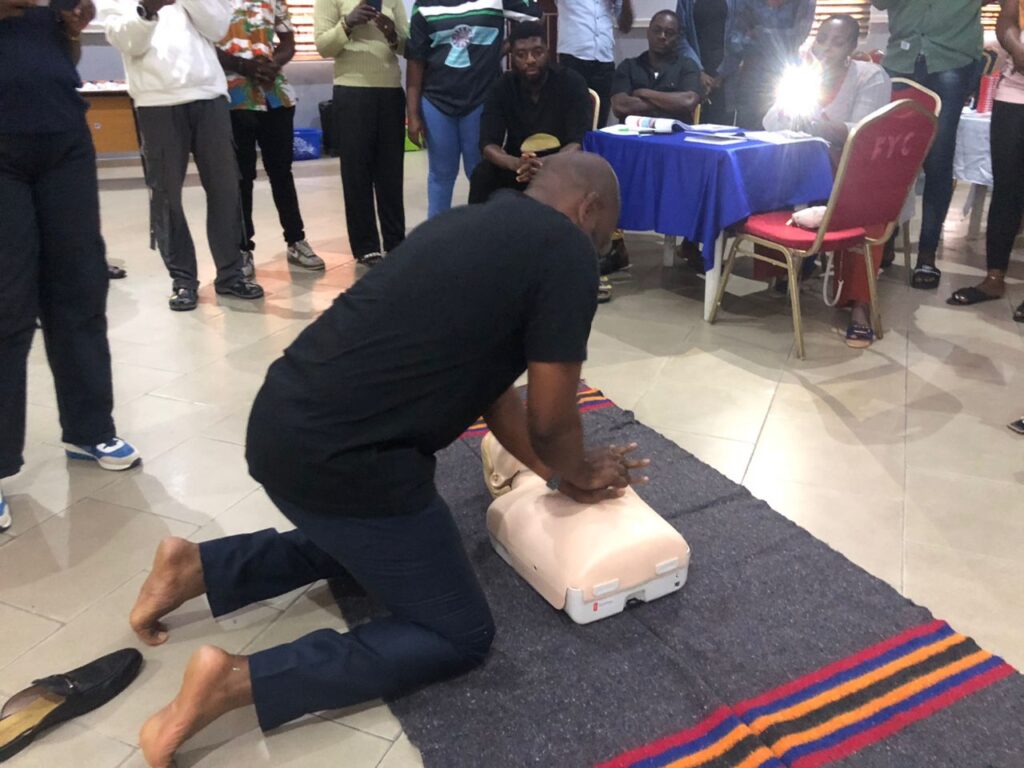
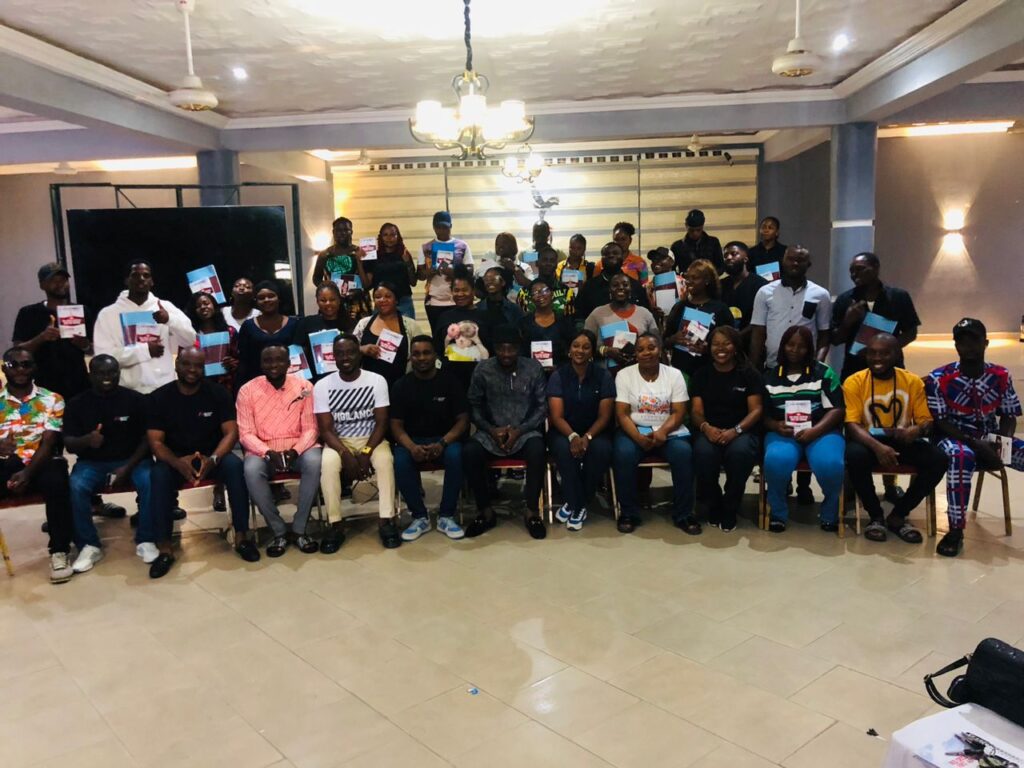
You must be logged in to post a comment.